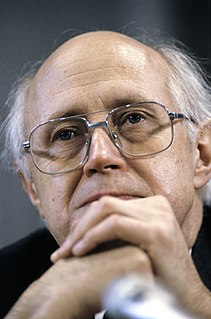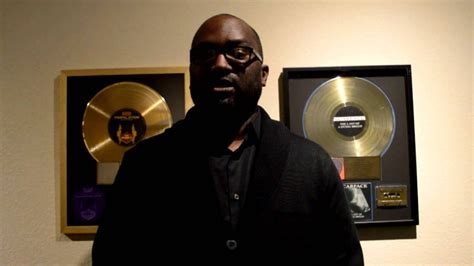A Quote by Mstislav Rostropovich
Explain to me, please, why in our literature and art so often people absolutely incompetent in this field have the final word.
Quote Topics
Related Quotes
A people may become great through many means, but there is only one measure by which its greatness is recognized and acknowledged. The final measure of the greatness of all peoples is the amount and standard of the literature and art they have produced.... No people that has produced great literature and art has ever been looked upon by the world as distinctly inferior.
Everyone wants to understand art. Why not try to understand the song of a bird? Why does one love the night, flowers, everything around one, without trying to understand them? But in the case of a painting people have to understand. If only they would realize above all that an artist works of necessity, that he himself is only a trifling bit of the world, and that no more importance should be attached to him than to plenty of other things which please us in the world, though we can't explain them. People who try to explain pictures are usually barking up the wrong tree.
Artists tend to be people of strong character and opinion. Often they are dismissed in our culture if they don't fit a certain mainstream media mold. It's a reason why filmmakers are now releasing films online. Art, in any form can invoke various emotions and actions. I think some can be frightened of the power that a simple image can invoke and that's why they tend to shy away from it. But art documents moments in our history and that image is often what many people remember of a certain time.
Clearly, unless the Lord chooses to explain Himself to us, which often He does not, His motivation and purposes are beyond the reach of mortal man. What this means in practical terms is that many of our questions - especially those that begin with the word 'why' - will have to remain unanswered for the time being.
Whether you interpret the Bible as literature or as the final word of whatever God may be, Christianity has given us an image of death and sexuality that we have based our culture around. A half-naked dead man hangs in most homes and around our necks, and we have just taken that for granted all of our lives.
We with my husband [Joseph Millar] are often the first reader for one another's work, and we often also have the last word. We trust each other. We have our past working life in common, our recombined families, as well as our life as teachers, and we read much of the same literature and have similar esthetics, so there's a simpatico there. But we do disagree and that can be fruitful, even if it's not so great in the moment.




































